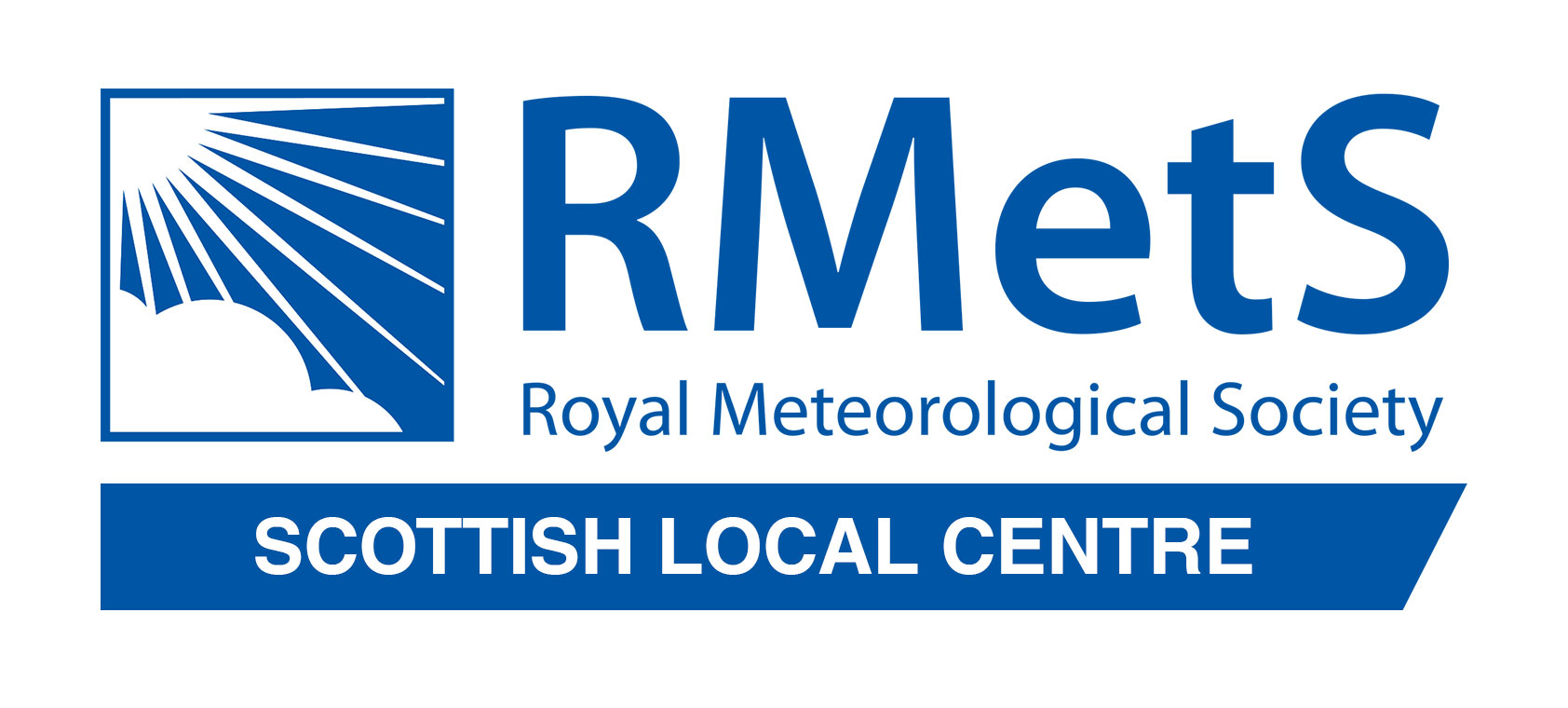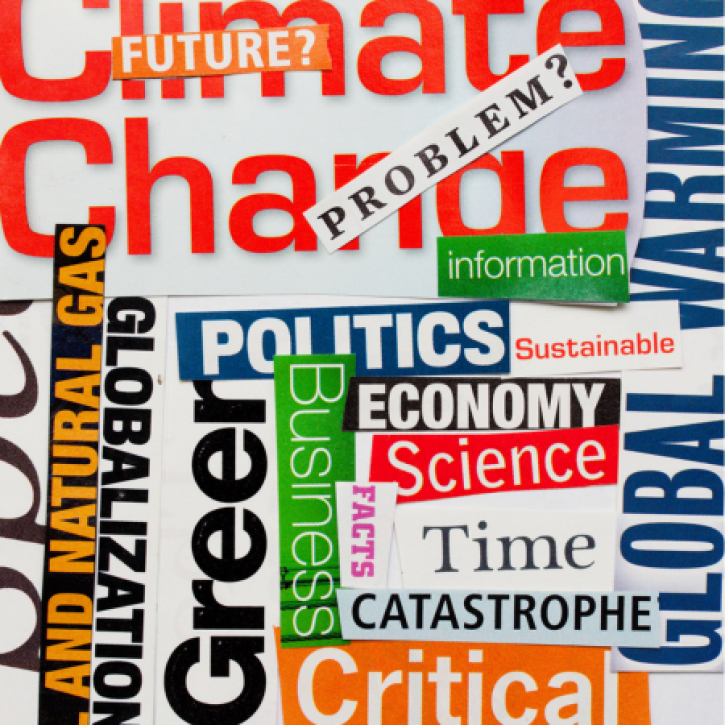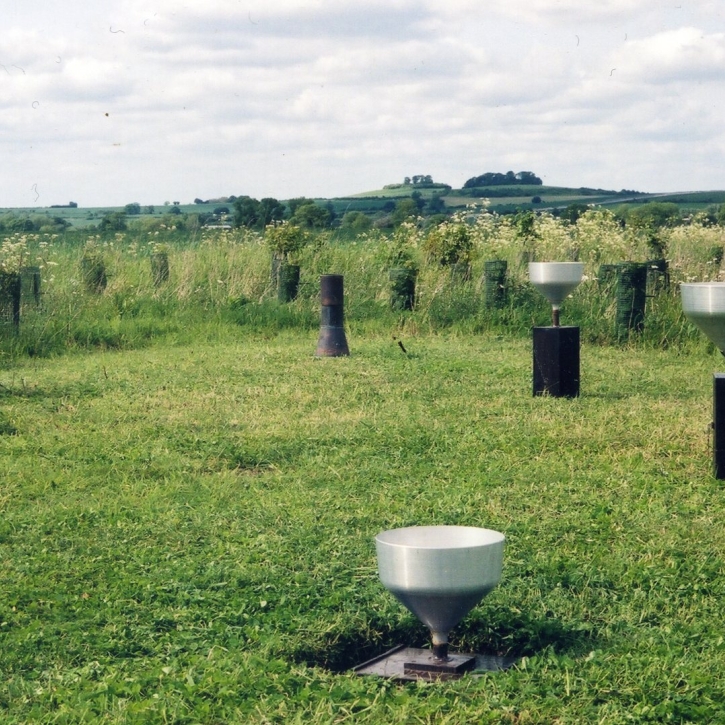

The Future Hydrogen Economy and the Climate – Benefits and Potential Problems
LOCATION
University of Edinburgh
Institute of Geography
University of Edinburgh
Drummond Street
Edinburgh EH8 9XP
This meeting will take place as a hybrid meeting so both in person or virtual attendance is available.
To meet the global commitments for net zero carbon emissions our energy mix must transition away from fossil fuels. Hydrogen is gaining increasing recognition as a low carbon energy option to support this energy transition. Hydrogen is considered a low-carbon substitute for fossil fuels to decarbonise domestic and industrial heat, power generation and heavy-duty transport. It can also promote increased renewable energy uptake by acting as an energy store to balance supply and demand.
As hydrogen becomes deployed at the scales required for net zero, there is an increased risk of fugitive hydrogen emissions during hydrogen production, storage, transportation, and use. Hydrogen is not a direct greenhouse gas, and its oxidation product is water, so it is generally perceived to not be a worrisome pollutant. However, hydrogen is an indirect greenhouse gas, as it leads to increases in methane and ozone as it is oxidised in the atmosphere by the hydroxyl radical. Some of the water it produces is in the stratosphere, where that water also leads to warming. These effects mean that any hydrogen leakage will reduce the climate benefits of switching to hydrogen. The different routes of hydrogen production (i.e., from renewable energy or from fossil fuels) also have very different influences on greenhouse gases and climate.
This talk will cover the role of hydrogen in supporting our net zero ambitions and what we need to do to ensure that the net benefits of hydrogen for climate are maximised.
This will be a 45 minute talk followed by 15 minutes for questions. The in-person meeting will be held at the Institute of Geography, University of Edinburgh, Drummond Street, Edinburgh EH8 9XP. The lecture will begin at 6:10 pm and will be preceded by tea and biscuits from 5:30 pm. The talk will be preceded by a brief AGM in which the audience will be able to comment on the performance of the Scottish centre. People will be able to volunteer to join the committee of the Scottish centre.
Those viewing the lecture remotely can join from 6:00 pm using Zoom and the event will start promptly at 6:10 pm. Would all those attending, whether in-person or remotely, register for the event on www.rmets.org. Please note that joining instructions will not be provided unless you have registered.
Speakers
KATRIONA EDLMANN
Dr Katriona Edlmann is the Chancellor’s Fellow in Energy at The University of Edinburgh, with over 25 years researching the secure and sustainable utilisation of the subsurface for low-carbon energy applications including hydrogen energy and CO2 storage. Katriona is responsible for a number of UKRI, EU and industry funded projects investigating underground hydrogen storage technologies. Katriona currently serves on the UK Government Department for Energy Security and Net Zero Hydrogen Advisory Council Transportation and Storage Infrastructure Working Group and is sub-task lead on the International Energy Agency Technology Collaboration Programme underground hydrogen storage task.
DAVID STEVENSON
David Stevenson is Chair in Atmospheric Chemistry Modelling at The University of Edinburgh. He initially worked at the Met Office, building and applying some of the first global coupled climate-chemistry models, before moving to The University of Edinburgh about 25 years ago. He has been a contributing author to several IPCC reports, in the areas of tropospheric ozone radiative forcing and changes in atmospheric oxidants and methane. He currently works on two projects that are developing and using the latest generation Earth System models to assess the climate impacts of hydrogen emissions, funded by the Norwegian Research Council and the UK’s Natural Environment Research Council.
Registration
REGISTRATION IS NOW CLOSED
Registration for this event is closed.
If you have any queries with regards to this event or require any further information please contact us at meetings@rmets.org.
 The Royal Meteorological Society has a number of local centres across the UK, where meetings are held throughout the year. The Scotland Local Centre are currently hosting monthly meetings which can be attended in person or virtually. For further information on the local centre, upcoming events or to be added to the mailing list, please contact scotland@rmets.org.
The Royal Meteorological Society has a number of local centres across the UK, where meetings are held throughout the year. The Scotland Local Centre are currently hosting monthly meetings which can be attended in person or virtually. For further information on the local centre, upcoming events or to be added to the mailing list, please contact scotland@rmets.org.
We take data privacy seriously. Please read the RMetS privacy policy to find out more.
This meeting will take place as a hybrid meeting so both in person or virtual attendance is available.
To meet the global commitments for net zero carbon emissions our energy mix must transition away from fossil fuels. Hydrogen is gaining increasing recognition as a low carbon energy option to support this energy transition. Hydrogen is considered a low-carbon substitute for fossil fuels to decarbonise domestic and industrial heat, power generation and heavy-duty transport. It can also promote increased renewable energy uptake by acting as an energy store to balance supply and demand.
As hydrogen becomes deployed at the scales required for net zero, there is an increased risk of fugitive hydrogen emissions during hydrogen production, storage, transportation, and use. Hydrogen is not a direct greenhouse gas, and its oxidation product is water, so it is generally perceived to not be a worrisome pollutant. However, hydrogen is an indirect greenhouse gas, as it leads to increases in methane and ozone as it is oxidised in the atmosphere by the hydroxyl radical. Some of the water it produces is in the stratosphere, where that water also leads to warming. These effects mean that any hydrogen leakage will reduce the climate benefits of switching to hydrogen. The different routes of hydrogen production (i.e., from renewable energy or from fossil fuels) also have very different influences on greenhouse gases and climate.
This talk will cover the role of hydrogen in supporting our net zero ambitions and what we need to do to ensure that the net benefits of hydrogen for climate are maximised.
This will be a 45 minute talk followed by 15 minutes for questions. The in-person meeting will be held at the Institute of Geography, University of Edinburgh, Drummond Street, Edinburgh EH8 9XP. The lecture will begin at 6:10 pm and will be preceded by tea and biscuits from 5:30 pm. The talk will be preceded by a brief AGM in which the audience will be able to comment on the performance of the Scottish centre. People will be able to volunteer to join the committee of the Scottish centre.
Those viewing the lecture remotely can join from 6:00 pm using Zoom and the event will start promptly at 6:10 pm. Would all those attending, whether in-person or remotely, register for the event on www.rmets.org. Please note that joining instructions will not be provided unless you have registered.
Speakers
KATRIONA EDLMANN
Dr Katriona Edlmann is the Chancellor’s Fellow in Energy at The University of Edinburgh, with over 25 years researching the secure and sustainable utilisation of the subsurface for low-carbon energy applications including hydrogen energy and CO2 storage. Katriona is responsible for a number of UKRI, EU and industry funded projects investigating underground hydrogen storage technologies. Katriona currently serves on the UK Government Department for Energy Security and Net Zero Hydrogen Advisory Council Transportation and Storage Infrastructure Working Group and is sub-task lead on the International Energy Agency Technology Collaboration Programme underground hydrogen storage task.
DAVID STEVENSON
David Stevenson is Chair in Atmospheric Chemistry Modelling at The University of Edinburgh. He initially worked at the Met Office, building and applying some of the first global coupled climate-chemistry models, before moving to The University of Edinburgh about 25 years ago. He has been a contributing author to several IPCC reports, in the areas of tropospheric ozone radiative forcing and changes in atmospheric oxidants and methane. He currently works on two projects that are developing and using the latest generation Earth System models to assess the climate impacts of hydrogen emissions, funded by the Norwegian Research Council and the UK’s Natural Environment Research Council.
Registration
REGISTRATION IS NOW CLOSED
Registration for this event is closed.
If you have any queries with regards to this event or require any further information please contact us at meetings@rmets.org.
 The Royal Meteorological Society has a number of local centres across the UK, where meetings are held throughout the year. The Scotland Local Centre are currently hosting monthly meetings which can be attended in person or virtually. For further information on the local centre, upcoming events or to be added to the mailing list, please contact scotland@rmets.org.
The Royal Meteorological Society has a number of local centres across the UK, where meetings are held throughout the year. The Scotland Local Centre are currently hosting monthly meetings which can be attended in person or virtually. For further information on the local centre, upcoming events or to be added to the mailing list, please contact scotland@rmets.org.
We take data privacy seriously. Please read the RMetS privacy policy to find out more.





